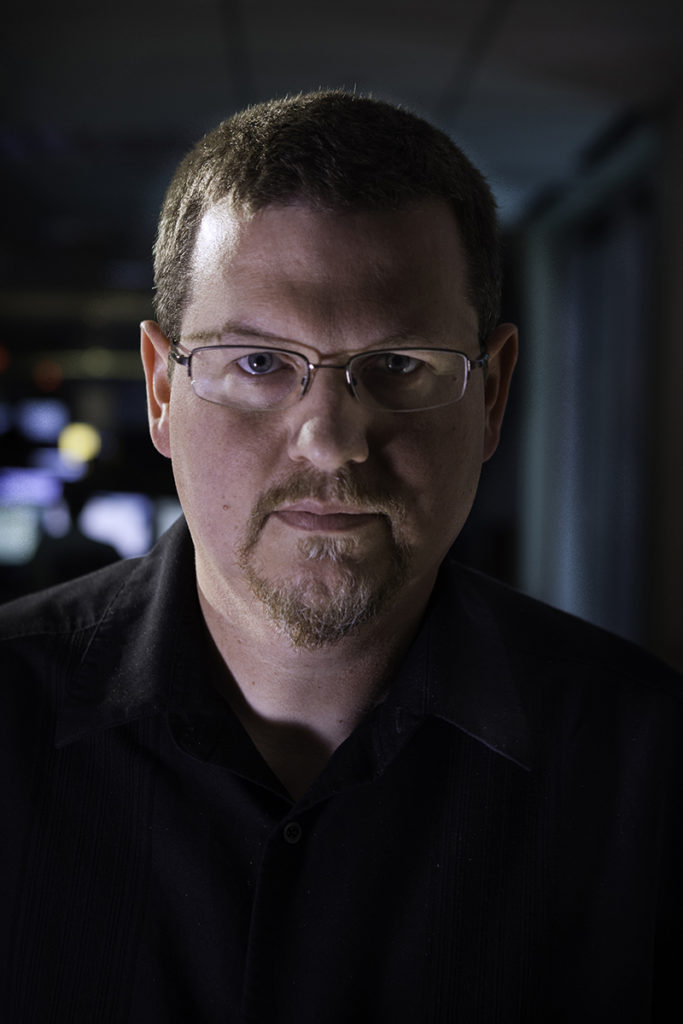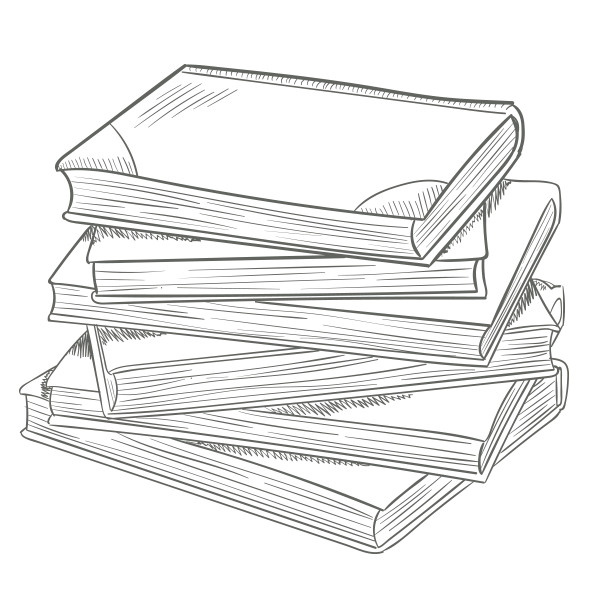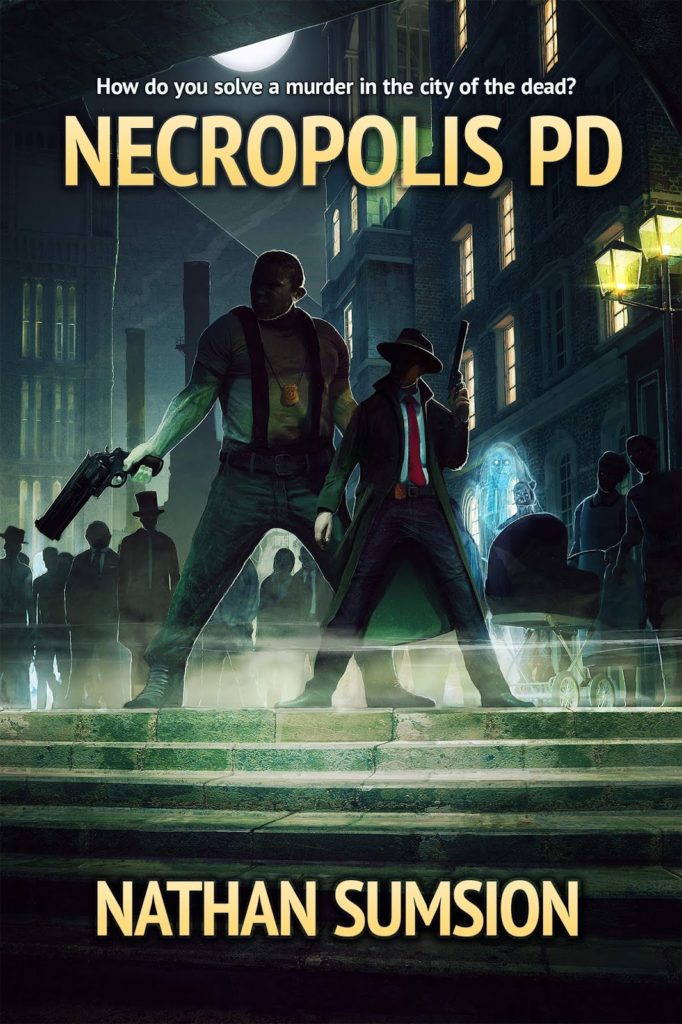
Good morning! I’d like to introduce fantasy author: Nathan Sumsion! His urban fantasy book: Necropolis PD is out for purchase! He loves writing and gives great advice for writers of all levels. If you would like to learn more about Nathan or his books, then follow him at Facebook, Amazon, Barnes and Noble, and his Blog! Check out his book!

Are you an indie author or a traditionally published author?
My book, Necropolis PD, is being published by Parvus Press. I went the traditional publishing route and was lucky enough to find Parvus, who have done an amazing job helping me get my book in front of readers. I had some great editors, and Kaelyn Considine, in particular, helped me tremendously in improving the quality of the final book. I couldn’t be happier to be part of the Parvus team.
Tell me a little about your writing journey, thus far.
I have been working professionally for the past 20+ years as a video game designer. I have worked on games such as Far Cry, Disney Infinity,
After looking back at numerous half-completed and abandoned projects, I decided what I wanted to do was write a book. I had this idea for Necropolis PD in my brain, and I couldn’t shake it. But I knew I had to figure something out to be able to finish this, so I created a writing schedule that would allow me to continue writing even when things got hectic. I used my lunch hours to write every day and kept to it.
When I was finally done, I spent some time studying publishers that were looking for submissions, because I wanted to find a publisher that would be a good fit for this weird idea of a book I had on my hands. And I found Parvus Press. They were looking for submissions, and I’m extremely happy they took a chance on my book.
Necropolis PD is my first published novel.
Do you write under a pseudonym? If so explain why.
I don’t write under a pseudonym. But, several years ago, I wrote a single issue of a comic book series. It was Dracula: Return of the Impaler #4 by Slave Labor Graphics. I had to take the loose ends of a story and wrap it up in a satisfying conclusion. My friend Jeff Knight was the illustrator, and he helped hook me up with writing the issue. And when they published the issue, my name was misspelled. So there is one published credit I have out there that lists my name as Nathan Sumison (transposing the I and S in my last name). I guess you could call it a pseudo pseudonym.
What genre do you write and why?
Necropolis PD is an urban fantasy with strong horror elements to it. I love the urban fantasy genre; there are so many great authors working in this space. I wanted to bring something unique to space, which hopefully I have achieved. I love this genre because you can have magic and monsters, weird science, conspiracies, dark and hidden things all in a modern setting. Who doesn’t think that there’s more the world around us than we can see? I’ve always loved dark and creepy things; I don’t know that I’d want to write something that didn’t have some horror elements to it.
I’ve got an idea for a more traditional fantasy story in my head, and I love reading books in the fantasy genre. So maybe someday in the future, I’ll see if I can’t get that story out and onto the page. But for now, I’m very happy working in the urban fantasy space.
What are you currently working on?
For the past seven years, I was the Lead Game Designer on a fantasy MMO called Wizard101. I worked with a fantastic team of developers and designers who were extremely dedicated to their craft. It’s an amazing experience to be surrounded by creative, hard-working people all the time. I recently left that job and accepted a position as the Game Design Director for deep root Studios, LLC, where we’re working on bringing a new generation of pinball machines and other projects to the market.
As far as what I’m currently writing, I’m hard at work writing a sequel to Necropolis PD. Hopefully I’ll have more to report on that in the near future.
What inspired you to write your books?
My dad was a huge influence on me and my taste in what I like to read. He collected Analog magazines, and Fantasy and Science-Fiction magazines for years and kept them in boxes out in our garage. As a kid, I would dig through these boxes, see all the covers with amazing fantasy art, and couldn’t wait to read whatever I could find. It wasn’t long after reading all these wild and imaginative stories that I developed the desire to write my own.
I have a writing process that I’ve used for many years, and I rarely stray from it. I’m a meticulous outliner. When I’m world-building for stories or games, I typically establish the pillars of my story first. What are the big tent-poles? What story am I trying to tell? I figure this out first; then I figure out my hook. What is different about this story than anything else out there? Once I have these things, I move into outlining my major plot points, world setting, and characters, and eventually move to divide it into chapters and work on the pacing of the story.
Necropolis PD didn’t work like that. With Necropolis PD, I had the idea for the setting first. In our modern world, with all the advancing technology discovering more and more of the world every day, where do the monsters and mysterious things still live? The idea for the city of Meridian took form in my head, and I imagined how it fit together and worked. And then I spent time thinking about the kinds of day-to-day challenges residents of this place would face. What kinds of problems would they run into that we wouldn’t in our everyday lives?
That’s when I hit on the idea of a murder in the city of the dead. I had my idea for the setting; I had my hook; the character of Jacob Green quickly took shape. I started my outline.
And I hit a brick wall. I knew where I wanted the ending of the book to go. I had this great premise. But I had no idea how to connect the two pieces. How would Jacob solve this mystery? Who was doing the killing in the city of the dead?
I couldn’t put an outline together if I didn’t know all the pieces of the puzzle. But the idea of the story just wouldn’t leave me alone. Finally, I decided to do something I’d never done before, and I started writing the story even though I had no idea where it was going. I had to figure it out! I couldn’t just leave it half-finished in my brain. The story took shape as I wrote it, and I was surprised many times and where the journey was taking me.
What are your top 5 favorite books?
Oh, wow. Five books? I have so many books that I love, it’s going to be hard to narrow it down. Dune by Frank Herbert
The Elric saga by Michael Moorcock
Hyperion by Dan Simmons
The works of H. P. Lovecraft (The Shadow Over Innsmouth, The Rats in the Walls are some of my favorites)
American Gods by Neil Gaiman
But that leaves out so many incredible books. The Black Company books by Glen Cook, The Library Files by Charles Stross, The Dresden Files by Jim Butcher, The Name of the Wind by Patrick Rothfuss, Old Man’s War by John Scalzi, Assassin’s Apprentice by Robin Hobb, the Fafhrd and Gray Mouser books by Fritz Lieber and so many others.
What does literary success look like to you?
Literary success, to me, means that I have the time and ability to write the stories I want to write. Right now, I get to design games and game worlds for my day-job, and I get to write when I’m not spending time with my family. If I can keep those three things balanced, have enough time to devote ample time to all three, and can earn a living by doing it, I couldn’t wish for any more success than that.
I hope that the books I enjoy writing are also books that people enjoy reading. Ultimately, while writing a book is satisfying to me, the main goal is to entertain readers with a story.
How many hours a day do you write? What is your writing routine?
Developing a writing routine is the key to success, I believe. I make it a priority to write something every weekday on my story. I write every day at lunchtime. Since I generally do this at the same time every day, my brain is already gearing up to write so I can maximize my time writing. And by doing it daily, I spend very little time trying to remember where I left off last.
This means that I spend about an hour writing on average every day. If I can squeeze in more time in the morning or after work, all the better. Ideally, I try to carve out an entire evening once a week, at least, if possible.
Typically, I will close my office door, put on my headphones, and crank up some music that fits the mood of what I’m writing. If I’m writing about the melancholy of being abandoned far from home among lost and forgotten things, I’m listening to moody, gothic music. If it’s a fight scene, I have something angry and loud. I’ll write as fast as I can, getting my ideas onto paper during my initial draft. Then I’ll go back and rewrite everything with more care, filling in details, and tweaking dialog. And then I go back again to do a grammar pass. Then I will read all my conversations and dialog out loud to make sure it sounds right when spoken aloud. And only then will I consider it ready to have some alpha readers take a look at it and give me feedback.
If you could have been the original author of any book, what would it be and why?
I love reading other people’s work. There are so many clever, creative, and inspiring stories that I couldn’t hope to do justice to. I don’t know that there is an existing book that I wish I had written instead of the original author. Rather, I think I wish I had either had the time or the discipline to finish some of my abandoned stories and projects that litter my computer desktop.
But for an answer more in the spirit of the question, some of my earliest attempts at writing were essentially Elric of Melinbone fan-fiction stories. I would love to write some stories set in the Young Kingdoms setting created by Michael Moorcock.
What advice would you like to give to aspiring authors?
I think the best advice I could give would be to create a daily writing routine. This helped me more than anything else I tried. Write every day, even if it’s only a few sentences or paragraphs. Ideally, write at the same time each day, so your body gets used to the routine.
Finish what you start! I don’t have a good track record with this, but it’s much more satisfying to have one completed book than a dozen half-finished and abandoned ones.
Write the stories you want to write. Don’t try to write what you think is going to be popular, or try to write in the same style as another author you like (unless that is the stories you want to write!).
Ignore my advice or any advice you think doesn’t fit with your method or routine. Take the advice and experience of other writers, examine it, and apply what is necessary. I listened to the Writing Excuses podcast by Brandon Sanderson, Howard Tayler, Dan Wells, Mary Robinette Kowal, and Jordan Sanderson while I was writing Necropolis PD, and I found a lot of the advice that was extremely helpful. But I didn’t use all of it; I used what I felt worked best for my story.
Don’t give up! Write the story that only you can write.

Leave a Reply